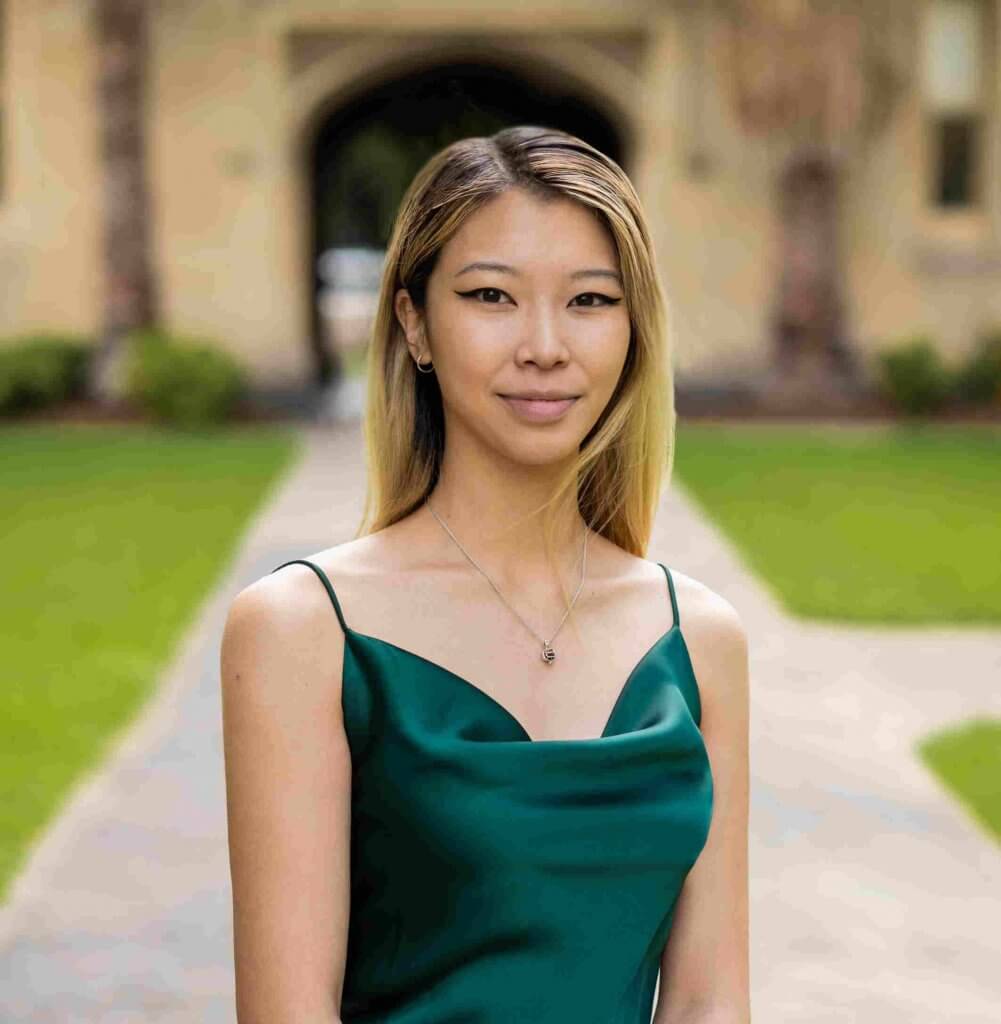Content warning: Discussions of domestic violence
Written by Emily Unity
I survived domestic violence during COVID-19. For me, the phrases “stay at home” and “travel restrictions” are triggering, as they were the tools my abuser used to control me.
Isolation has always been one of the most powerful weapons for abusers, and COVID-19 is like an abuser’s dream. Lockdown was my prison: I was under constant surveillance, without any privacy, unable to access my supports, leaving me more vulnerable than ever before.
However, my story is far from unique.
The Perfect Storm
1 in 4 women in Australia experience domestic violence from their partners, and 1 is killed every 8 days because of domestic violence.
Since the pandemic, more than 70% of service providers have seen an increase in demand in areas under lockdown restrictions, with 84% reporting an increase in the complexity and types of abuse. A recent study found 89% of survivors had less access to support during COVID-19, with more than a third completely unable to seek help due to COVID-19 concerns.
Whilst these statistics may be alarming, this is just the tip of the iceberg, as more than 60% of survivors don’t report their experiences of domestic violence.
Staying Home ≠ Staying Safe
Like many other survivors, domestic violence made my home the least safe place to be. Finding safety often means finding somewhere new to live. However, a lack of available housing either leaves us trapped with abusers or forced into homelessness.
Domestic violence is the biggest cause of homelessness for women, with 70% of women housed by YWCA National Housing having experienced domestic violence. Every year, 7,690 Australian women are returning to their abusers, and over 9,120 are becoming homeless, all because they have nowhere else to live. There is an immediate need for an additional 16,810 social housing units to provide women a safe place to go after experiencing domestic violence.
These social housing units not only save the lives of so many women, but it’s even a win-win for decision-makers too. These social housing units are projected to deliver immediate economic benefits of $15.3 billion and create 47,000 jobs. They would also avoid costs of $122.5 million a year due to women returning to abusers, and a further $257 million a year due to women experiencing homelessness.
To Decision-Makers
Violence against women is preventable. We have a fundamental right to safety and security. As our leaders, you have a responsibility to keep us safe during the pandemic – and that doesn’t just mean safe from the virus itself.
To Survivors
I believe you.
You’re not crazy.
Their abuse is not your fault.
No, they won’t change.
You deserve to feel safe.
Recovery is possible.
You are not alone.
If you are in danger, call 000 or contact the police in your state or territory.
For confidential phone help and referral in Australia, please contact 1800 RESPECT on 1800 737 732, the National Sexual Assault, Family and Domestic Violence Counselling Line.

Emily Unity (she/they) is a lived experience consultant, software developer, and multidisciplinary creative. She is also a young, QTPOC, and neurodiverse person of lived experience. Emily endeavours to use both her professional and lived experience to help design a world for all people, regardless of background, identity, or neurodiversity.
Read more from Emily at www.emilyunity.com




